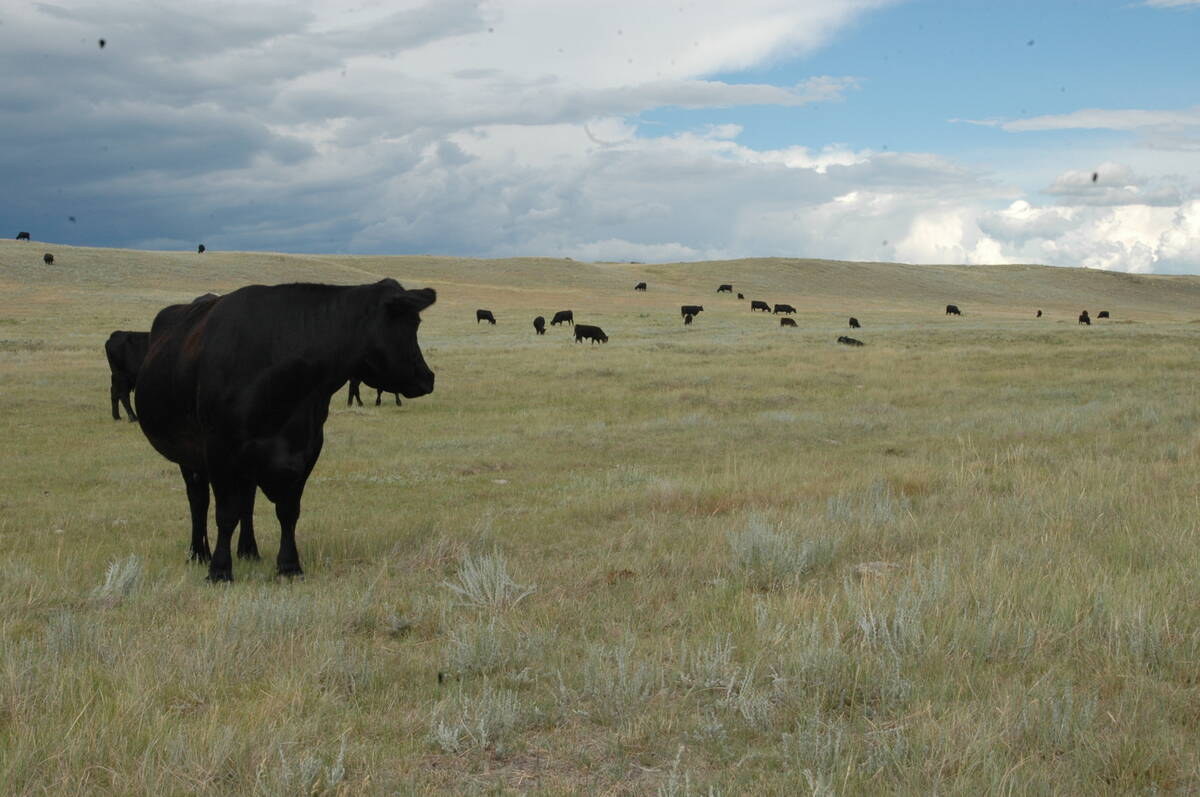The federal government’s $284 million buyout of the southwestern Ontario tobacco industry is almost complete and highly successful, says the chair of the Ontario Flue-Cured Tobacco Growers’ Marketing Board.
However, governments need to do more to allow those farmers to convert to new commodities, Linda Vandendriessche said.
“This money is important but it will be used to pay down debt,” she said from Tillsonburg, Ont., in the centre of what used to be lucrative tobacco country.
“There are no dollars for transition and that is what we have to look at next. We will be looking at all options.”
Read Also

Saskatchewan Cattle Association struggles with lower marketings
This year’s change in the provincial checkoff has allowed the Saskatchewan Cattle Association to breathe a little easier when it comes to finances.
This week, former tobacco growers selling their quota for $1.05 per pound will begin to receive cheques. All the money must be paid out by May 1.
The provincial government did not match the federal buyout offer and the amount was significantly less than the industry said it needed.
However, almost 1,000 farm families agreed to sell more than 271 million pounds of quota, or 99.7 percent of the total, which Vandendriessche said shows the desperate state of farmers.
Government anti-tobacco campaigns, falling demand and an increase in cheap smuggled imports filling a large portion of domestic demand means farmers with significant investment faced large losses, low prices and little market.
“This just goes to show you the desperate state of the producers that they would take this amount,” Vandendriessche said.
Producers taking the buyout had to promise to get out of tobacco production.
In the future, farmers who want to grow tobacco under contract to tobacco companies must receive a licence from the marketing board after proving they have a contract with a legitimate company and were not previous quota holders.
The future size of the industry will be clear by May 15, the deadline for producers with sales agreements with a tobacco company to apply to the board for a licence.
There were reports that a number of quota holders were transferring their quota to relatives so they could get the buyout money and still stay in the business with a licence.
In late March, agriculture minister Gerry Ritz promised to deal with the possibility of program manipulation.
“We have allocated auditors to go down and have a look at this transition process,” he said in the House of Commons.
Vandendriessche said the audit found about 20 quota transfers before the application deadline and all of them were acceptable transactions that included widows transferring quota to family members.
“We looked at each of those transactions and the auditor did as well.”














